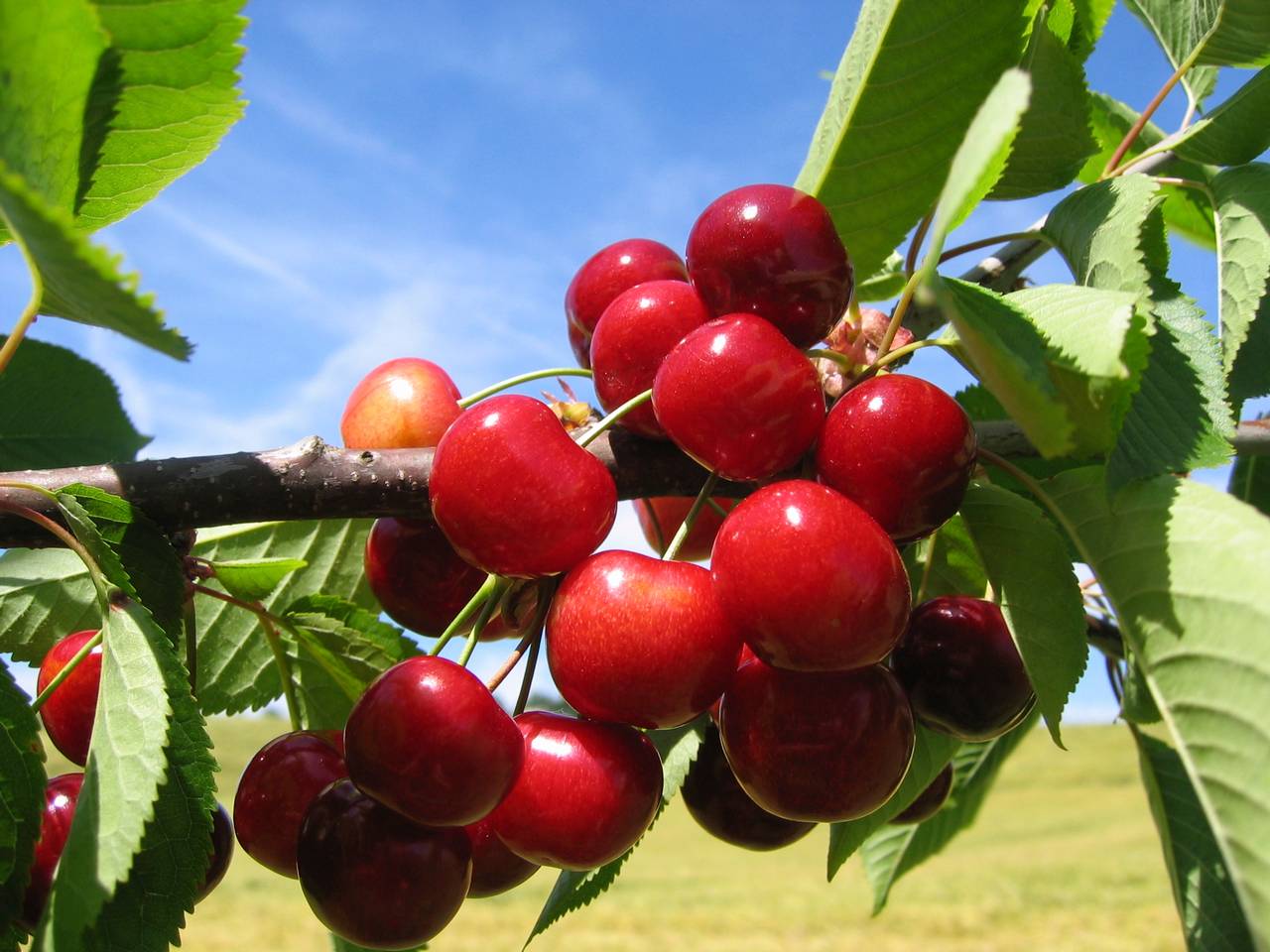Service
S-Allele Testing
Technology
PCR
Target Crop
Cherry
About the test
Pollination is critical for fruit development, since most fruit trees will not produce fruit unless the flowers are pollinated with compatible pollen.
Qualterra’s S-Allele test analyzes which version of the female S-RNase gene that a variety contains. S-Allele identification can help determine which parents are compatible in a breeding program, identify the allele of a new variety and thus help choose a suitable pollination partner, or help identify unique alleles such as a self-compatible variety or a “universal” pollen donor.
We test for these cherry alleles:
1, 2, 3, 4, 4’, 5, 6, 7, 9, 10, 12, 13, 14, 16
You can read more about the science of cross-compatible apple cultivars, and see the genotypes of important Washington apple varieties, at the WSU Tree Fruit website: https://treefruit.wsu.edu/article/cross-compatibility-of-apple-cultivars-and-pollinizers/
We will contact you with sample preparation and shipping information after the test is ordered, but here are some pointers to get you started:
When to test: The best time to determine S-Alleles of your variety is in the spring or summer when fresh, green tissue is available; but plants can be tested year-round. New shoots have the most DNA available for testing and are therefore generally the best; but mature leaves work great, and even bark (e.g. fresh trimmings) can be used in a pinch.
Harvesting and Submitting Samples: Plan to use clean pruners for each separate tree/plant, and keep material from each plant separate in its own bag. Provide 6” of stem/branch or 3-5 mature leaves for each plant. Keep all material cold, and ship as soon as possible via overnight courier.
No – Genetic Pollen Incompatibility is a key aspect to pollination, but other factors such as flower timing are also critical when matching up varieties that will be successful pollination pairs.
.
What’s the turn-around-time?
We do all sample prep, testing, and analysis in house, so we can usually provide results in 2 weeks.
Can I pool samples to reduce cost?
No, it is generally not advised to pool samples for S-Allele testing. However, feel free to contact us; we are happy to discuss your specific needs and come up with a strategy that supplies the information you want to get out of testing.
Can I use this test for a different species? (For example, test a pear tree using apple S-Allele testing?)
No, S-Allele testing only works on the species that is listed. There is a great deal of variability in the S-Allele genes. This ensures that the plant will outcross and optimize the genetic diversity of the population. But this also means that there is little overlap across species, and tests in one species are generally meaningless in another species.
Do I need to test more than one plant of each variety?
Each plant of the same variety should have the same S-Alleles. However, we recommend testing three separate individuals (or the original Mother Tree three times). This increases the statistical confidence that the results are correct, and ensures that if there is a mixup in the population, there is a chance that it will be detected.


